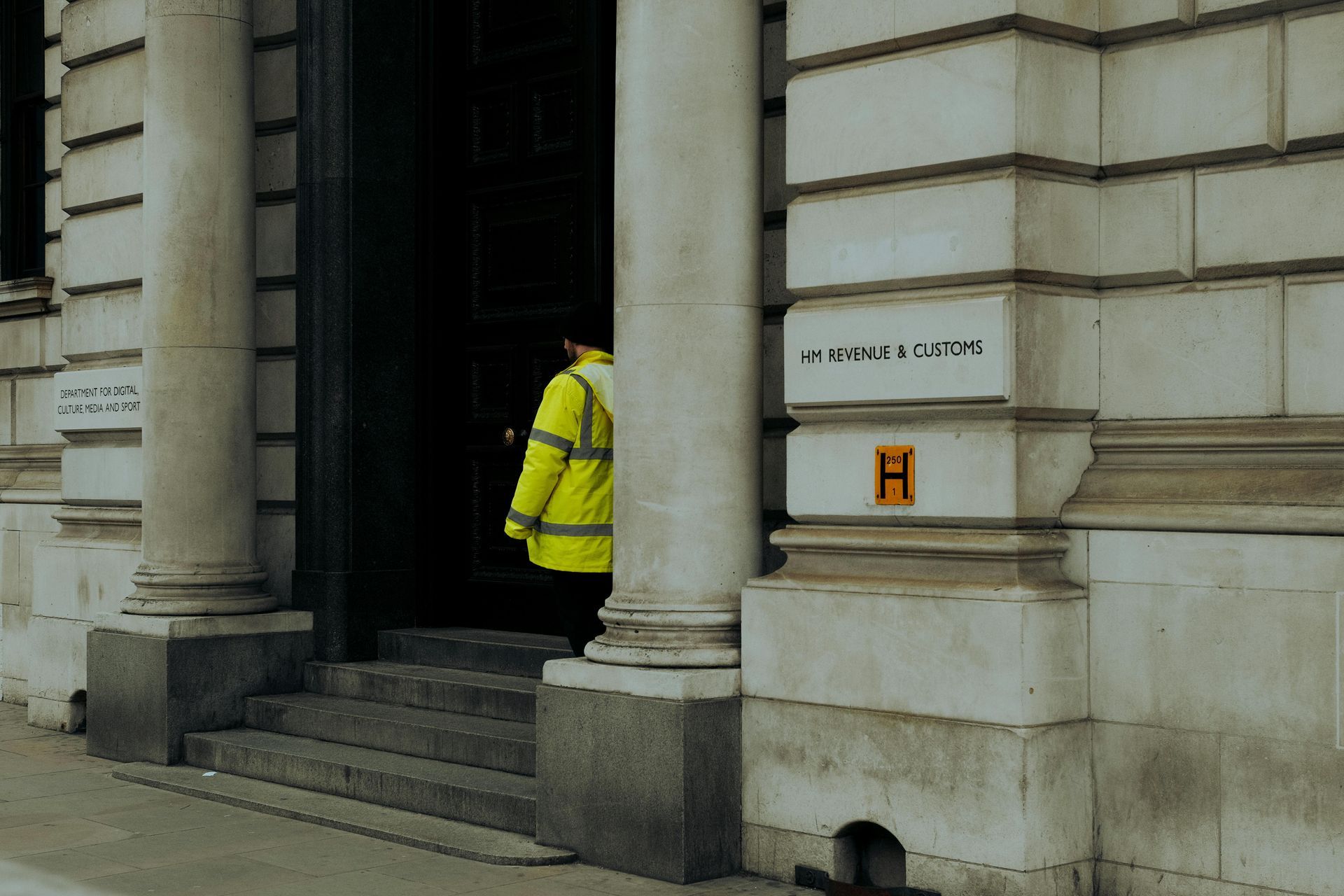
welcome@mpoweraccounting.com
| 01892 234353
How will Labour’s budget in October affect me?
On the 30th October 2024 the Government will deliver the first Labour budget for over a decade. More than that, it will be the first budget ever to be delivered by a woman, Chancellor Rachel Reeves.
So, what can we, the tax payer, expect? Especially after she has already told the BBC that it would involve some “difficult decisions” on tax, spending and benefits aimed at addressing the significant public finance shortfall of £22 billion.
No financial crystal balls currently exist but if they did, we can be fairly certain they would foretell the following!
- Pension Tax Relief Changes: One of the more contentious proposals is to introduce a flat 30% pension tax relief rate. This change would primarily affect higher earners, increasing their effective tax burden while providing a boost for basic-rate taxpayers. It's estimated that this could raise around £3 billion annually.
- Inheritance Tax Reforms: Labour has already indicated its intentions to close loopholes in the inheritance tax system, potentially making reliefs less generous. Ending certain exemptions, like those for offshore trusts and agricultural properties, would also generate significant much needed additional revenue.
- Council Tax Revisions: There is a call for council tax reform, addressing its outdated valuation system from 1991. This could lead to more equitable taxation based on current property values but would almost certainly see larger properties attracting higher council tax bills.
- Changes to Capital Gains Tax: Although Labour has committed to not increasing income tax or national insurance rates, it has left the door open regarding capital gains tax. There's speculation about raising rates or changing how gains are taxed upon death and this is almost certainly an area of tax that will feature in the budget.
- VAT on Private Schools: Labour plans to end the VAT exemption for private schools, which could begin to be implemented in the 2025-26 school year. This policy has already been announced causing much criticism and it is still unclear how much impact this will have on the budget black hole.
- Increased Business Taxes: With the recent increase in Corporation Tax to 25% it is unlikely that any major changes will be made this time around. However, there will likely be a roadmap for business taxes, with an emphasis on reducing tax avoidance and increasing compliance efforts.
- Windfall Tax on Energy Companies: A long anticipated measure, Labour is expected to extend the current windfall tax on oil and gas profits, increasing the levy by three percentage points.
Conclusions
With the already announced focus on Wealth Taxes the above measures would certainly be in line with this policy. It also falls in line with Keir Starmer’s stance that those with the broadest shoulders should bear the heavier burden.
Labour's approach is framed around repairing what they characterise as financial mismanagement by the previous administration. As they prepare for this budget, both Rachel Reeves and Keir Starmer have indicated that the measures could be “painful” but necessary for long-term fiscal health.
There will be many more developments and updated analysis before the budget day which, at M:Power, we will be keeping a close eye on. We will also publish the major headlines from the budget, with a focus on what it means for small businesses in the UK, so please look out for that.





Let’s connect
2 Oast View
Horsmonden
Tonbridge
Kent TN12 8LE

